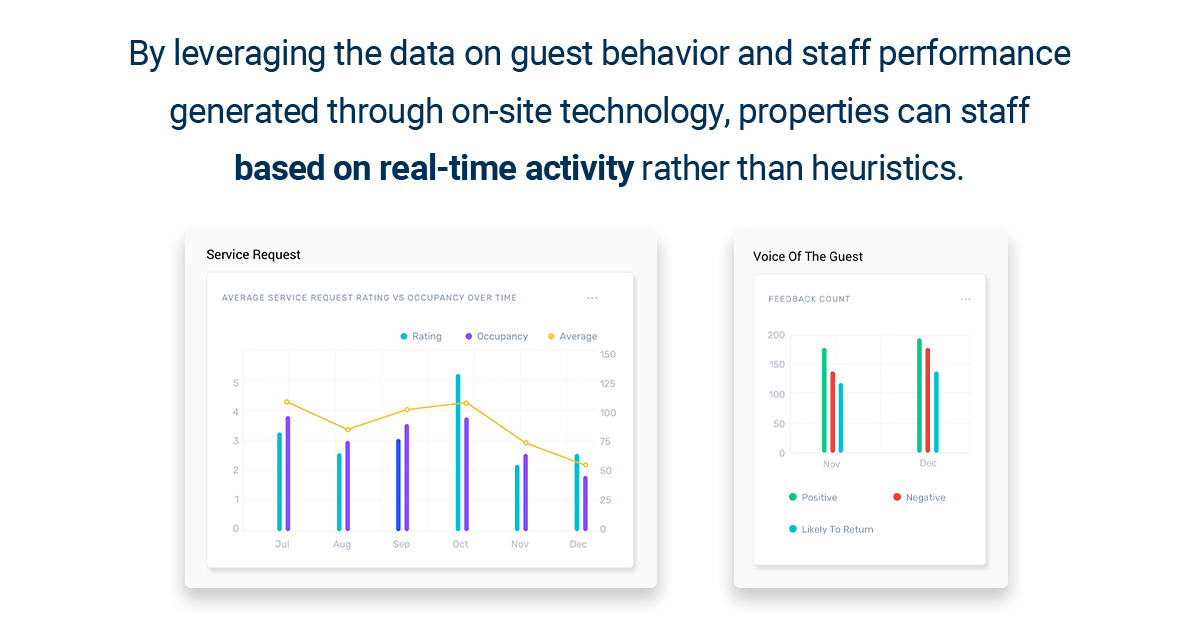There are many benefits of a tablet placed bedside in hotel rooms, including driving non-room revenue through guests’ retail purchases
If you haven’t made a digital retail store readily available to your hotel’s guests, you’re quite literally leaving money on the table. Don’t underestimate the possibilities of retail shopping to generate incremental non-room revenue for your property. Following the pandemic, it has become almost impossible to imagine a world without online shopping. According to Statista, 80% of all Americans shop online on a regular basis. And last year alone, e-commerce accounted for about $1.03 trillion in sales in the U.S. Additionally, it’s projected to hit $6.3 trillion globally by the end of 2023.
So, how can you as a hotelier utilize the benefits of a tablet to your advantage to drive non-room revenue? The following are a few ideas.
Shop the Gift Shop — From The Guest Room
Smart-room tablets that are positioned bedside are an easy way for guests who don’t want to download a property’s mobile app to still enjoy all the same conveniences hotel mobile apps have to offer, such as ordering in-room dining digitally, booking spa appointments, reviewing the latest hotel compendiums, and learning about current onsite activities, promotions, and amenities. But that’s not all. With smart-room tablets, guests can shop all of the items from your property’s gift shop from the comfort of their hotel room bed. Whether it’s hotel-branded T-shirts and yoga mats, lifestyle items that reflect your property’s vibe, or goods made by local artisans, all of your gift shop’s offerings can be easily browsed and purchased via a smart-room tablet, providing a familiar shopping experience for online consumers. Additionally, while in the comfort of their own hotel rooms, guests may be more inclined to make a purchase digitally that they might otherwise have forgone, or not even known about.
For big-ticket shoppers, a digital storefront on smart-room tablets also can be used to purchase the art pieces on display at your property or in-room furnishings, such as the pillows and bedding used in your guest rooms.
Browse Spa Offerings While Lounging in Their Rooms
Similar to a digital gift shop storefront, hoteliers can increase hotel revenue by making the products from their spa available for purchase through smart-room tablets. See a guest who recently completed a 90-minute massage at your spa? Send them a follow-up email asking their opinion of the service and provide links to the products the masseuse used during the massage that connects directly to your digital storefront. Similar to the gift shop, a spa’s storefront can offer high-end cosmetics, locally-made lotions and candles, and even towels and robes.
Increase Hotel Revenue By Increasing Productivity
On the operations side, a digital storefront is a straightforward way for staff to add and manage inventory, set availability, hide or reveal items as necessary, and use promotions and guest messaging to create awareness. Charges can be automatically added to the guest’s folio so no additional form of payment is required. Additionally, front desk staff won’t be tied up with guests waiting in line to purchase a hotel-branded hat and, instead, can tend to more urgent needs — reducing wait times and creating a happier staff and guest experience.
Want to learn more about the benefits of a tablet in an in-room setting? Curious how to increase revenue in hotels using smart-room tablets? Request a demo today.
